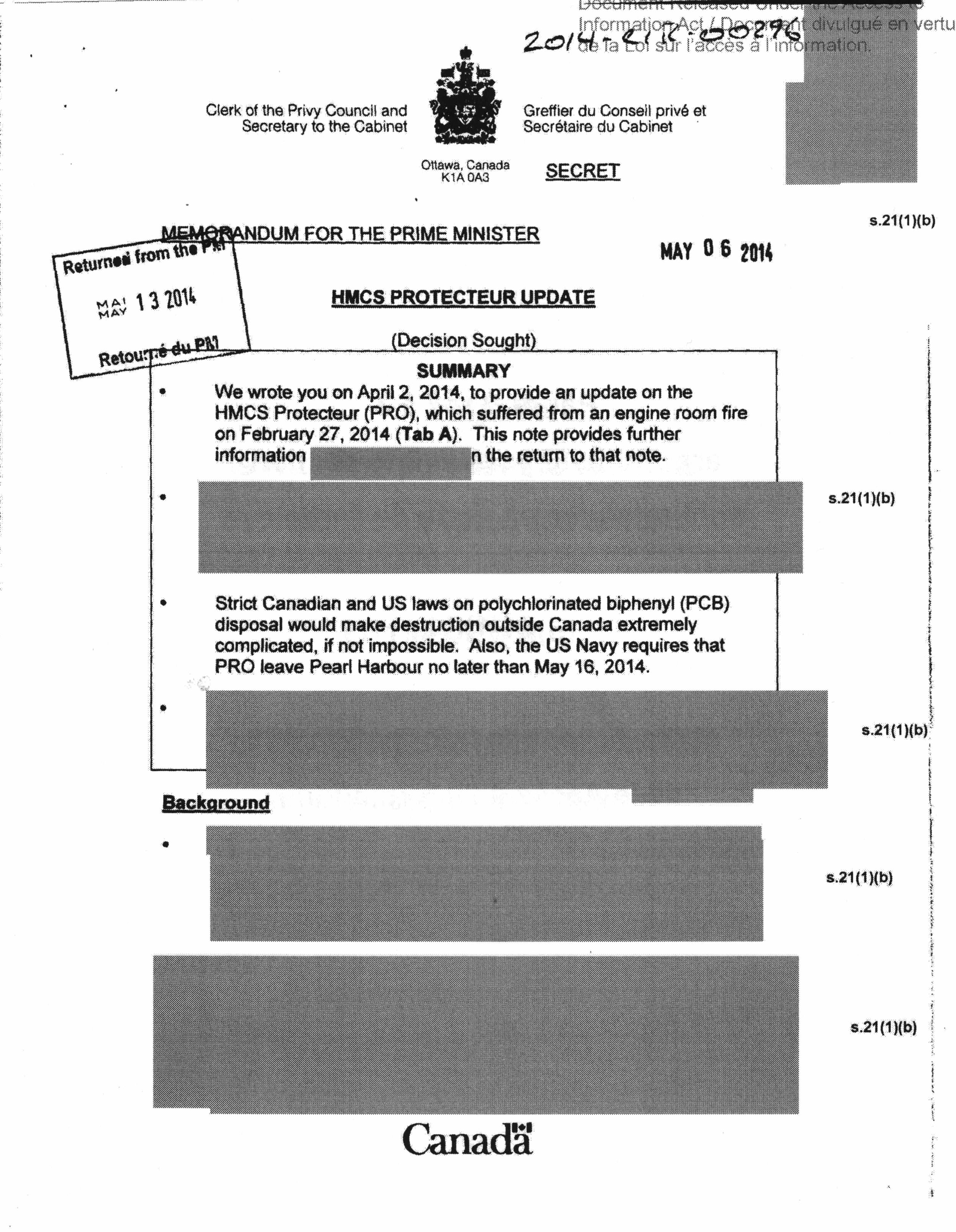Delay: the deadliest form of denial
I recently won three complaint cases I filed with the Information Commissioner of Canada. Her investigators declared each one of my complaints to be “well founded,” and ruled that federal bureaucrats had erred in withholding information.
But in Canada’s wacky world of access to information, these three cases are actually major losses. After waiting between six and eight years for decisions, I wound up with almost no new information. As for so many other aggrieved requestors, the wheels of justice turned slowly and, in the end, victory was defeat.
The cases, in brief:
In 2016, I asked Global Affairs Canada for an inspection report on the embassy in Tokyo. The entire document was withheld. I immediately complained to the information commissioner. Six years later, an investigator contacted me to say she was just starting the work. This month, she said my complaint was well-founded because Global Affairs had not applied the proper exemptions. But the department simply added fresh exemptions to ensure most information remained withheld. Only a half-page of useless background was released to me.
In 2016, I asked Global Affairs Canada for a briefing note regarding incidents at Port-au-Prince, Haiti. The entire document was withheld. I immediately complained to the information commissioner. Six years later, an investigator contacted me to say she was just starting the work. Last month, she said my complaint was well-founded because Global Affairs had not applied the proper exemptions. But the department simply added fresh exemptions to ensure all of the information remained withheld.
In 2014, I asked Privy Council Office for a memo to Prime Minister Stephen Harper about a fire aboard HMCS Protecteur, a navy supply ship. Almost the entire document was withheld. I immediately complained to the information commissioner. Eight years later, an investigator contacted me to say she was just starting the work. This month, she said my complaint was well-founded. She said the department was wrong to withhold two sentences, which were mere background. The rest of the four-page document remained properly withheld, she determined.
So chalk up three big wins for … government secrecy. (Here’s another example.)
A House of Commons committee heard testimony recently from Michel Drapeau, an FOI legal expert, and from Allan Cutler, an expert on whistleblowers. Both of them denounced the access-to-information system for massive delays in responding to requests, and for the delays in resolving complaints through the information commissioner’s office.
“It’s killing us,” said Drapeau, referring to delay roadblocks thrown in front of his clients. He dubbed the absurd timelines “waiting for Godot.”
Cutler said delays are so bad, he’s stopped filing requests on behalf of his whistleblower clients, who can become “exposed” by the slow process. And “information when provided is often vetted to the point of uselessness,” he said.
University of Ottawa law professor Amir Attaran once waited more than 10 years for the information commissioner to resolve his complaint about Global Affairs Canada. His case was deemed well-founded, yet he was able to access only a small fraction of the material originally withheld. All of it had become stale and useless.
"My take-home lesson from this — the information commissioner should be abolished," Attaran told me in 2018. "We should get rid of it. I just want it gone." He said Canada’s courts should be the only arbiter.
That statement seemed extreme to me four years ago. Not so much now.
Oct. 27, 2022


